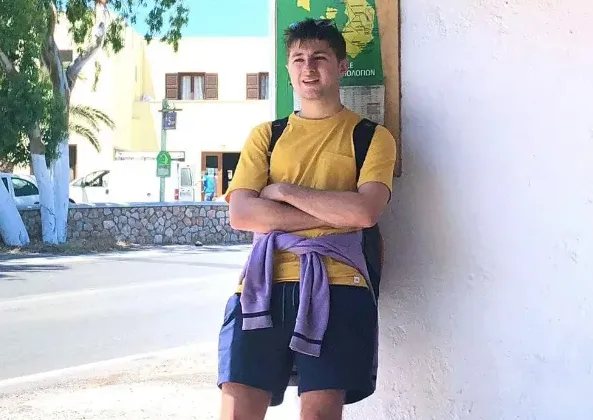A statement of intent

How the sausage gets made
This story is free to read - you just need to join our mailing list. And why wouldn't you? By becoming a Post subscriber, you'll get our scoops, features, and insights, in your inbox, the second we hit publish. No card details required.
Already have an account? Sign In

Latest
Just what is happening with Peak Cluster’s CO₂ pipeline?
A ‘stitch up’? How Wirral council bungled Big Heritage
Merseyside’s buses are coming back into public hands. Why not trains too?
From Jimmy McGovern to Len McCluskey: The household names rallying behind Writing On The Wall’s employees
A statement of intent
How the sausage gets made